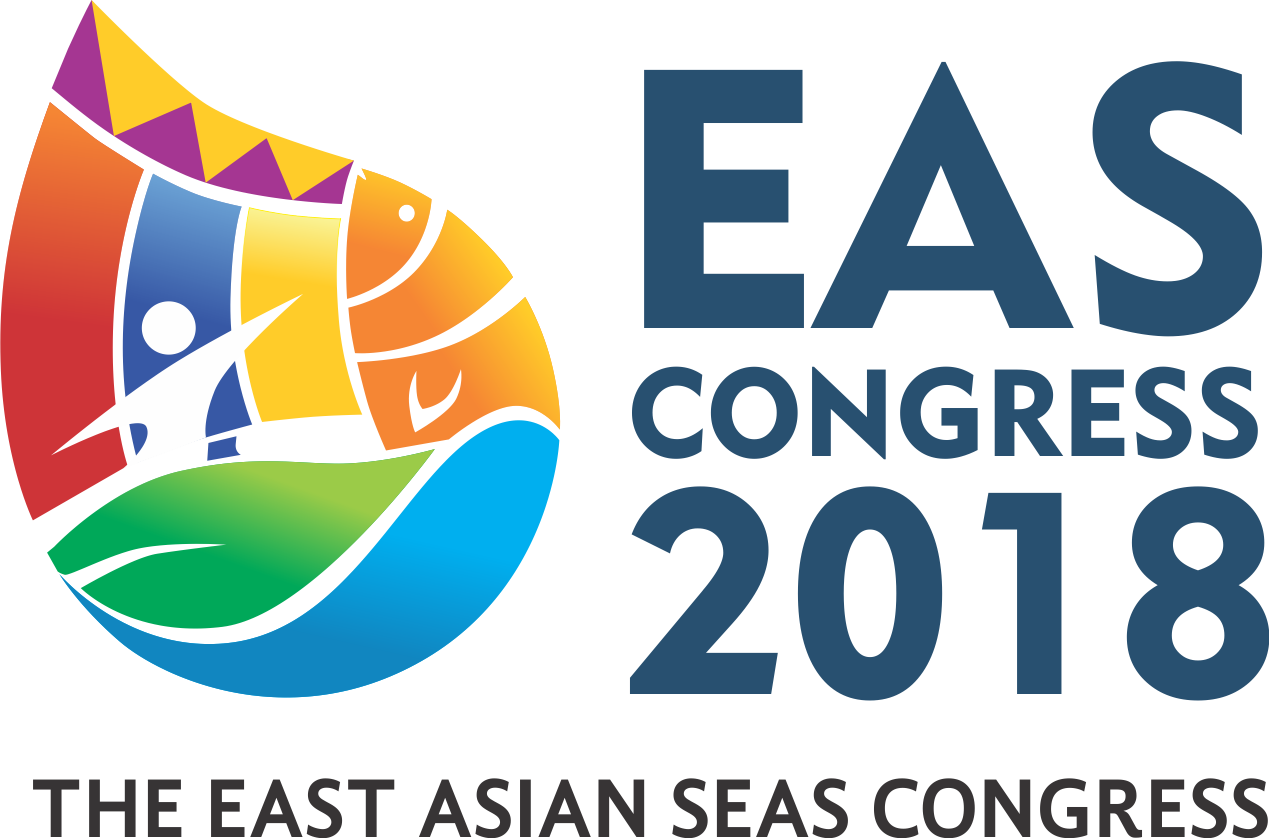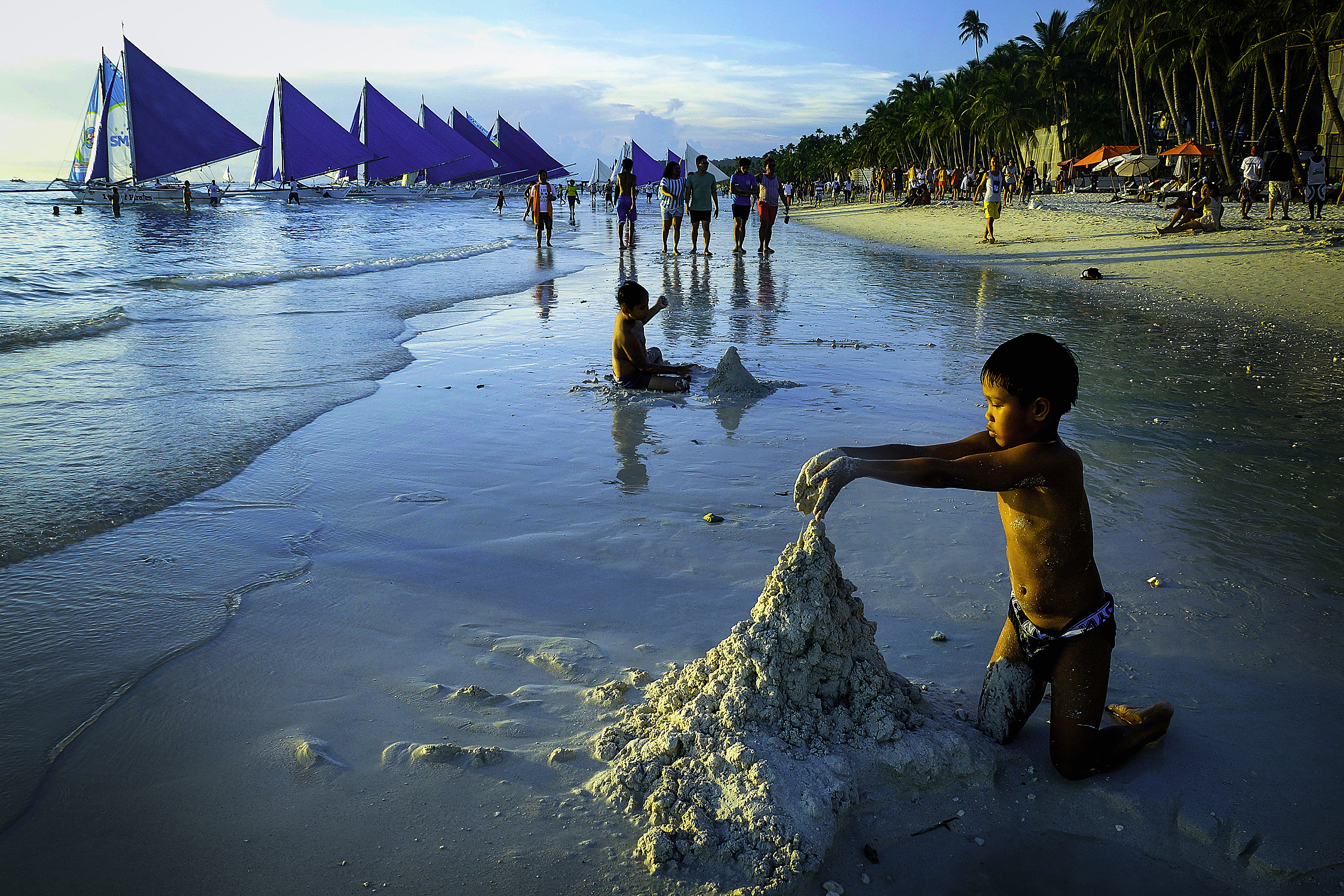Photo by Espiridion Enriquez/PEMSEA
Regional ocean governance deals with the complexity of managing coasts, seas, and oceans in a sustainable manner. Ocean governance in East Asia aims to protect and ensure sustainable and environmentally sound development through comprehensive and integrated management involving stakeholders. Thus requiring a comprehensive, integrative, and coordinated approach in terms of policy, legislation, institutional arrangement, financial investment, management measures, stakeholders support, and participation. The East Asian Region has taken substantial steps forward in improving the governance of coasts and oceans but there is much more work to be done. To achieve the goal of sustainable development, the region has placed considerable emphasis in the management of coastal and marine habitats, such as mangroves, coral reefs, seagrass beds and other wetlands.
Five sessions under Track 4: Governance and Partnerships of the Partnership Hubs in the upcoming EAS Congress on 27-30 November at the Iloilo Convention Center in Iloilo City, Philippines will explore the important role of regional partnerships and coordination in strengthening good governance, advances in assessment and institutional development and experiences and good practices from local government implementation of programs supporting the SDGs.
Session 4.1: Local Actions Toward Achieving Sustainable Development Targets
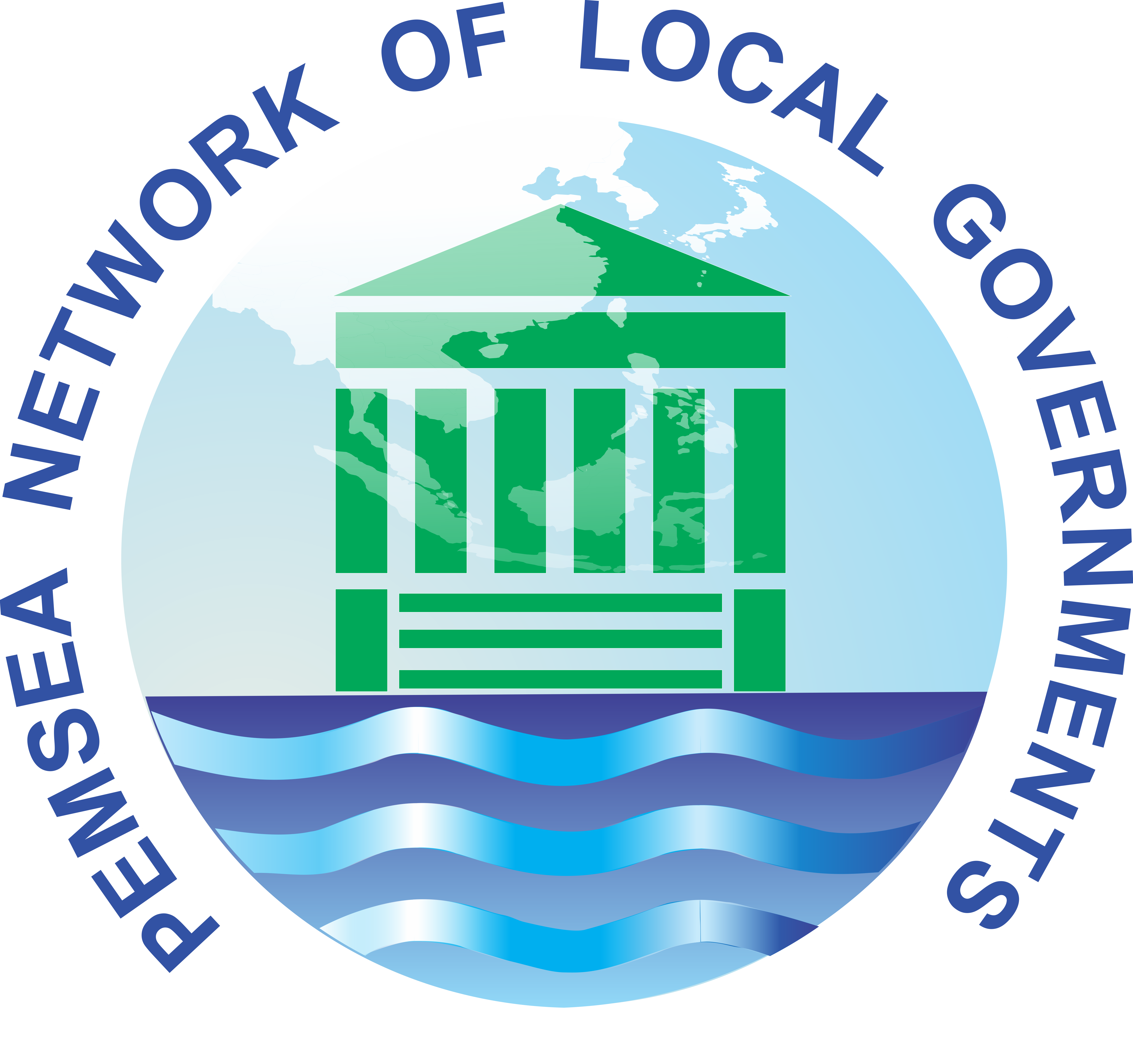
The PEMSEA Network of Local Governments adopted the Ansan Declaration on 6 September 2016 which renewed the commitment of its members in implementing the PNLG Strategic Action Plan (2016- 2021).
This session will provide a platform of opportunity to discuss between and amongst PNLG members and local governments on the experiences, initiatives and good practices in the implementation of plans and programs related to the SDG targets and help strengthen technical, financial and institutional capacities, including partnerships.
Session 4.2: Improving Management Effectiveness of Marine Protected Areas and Networks
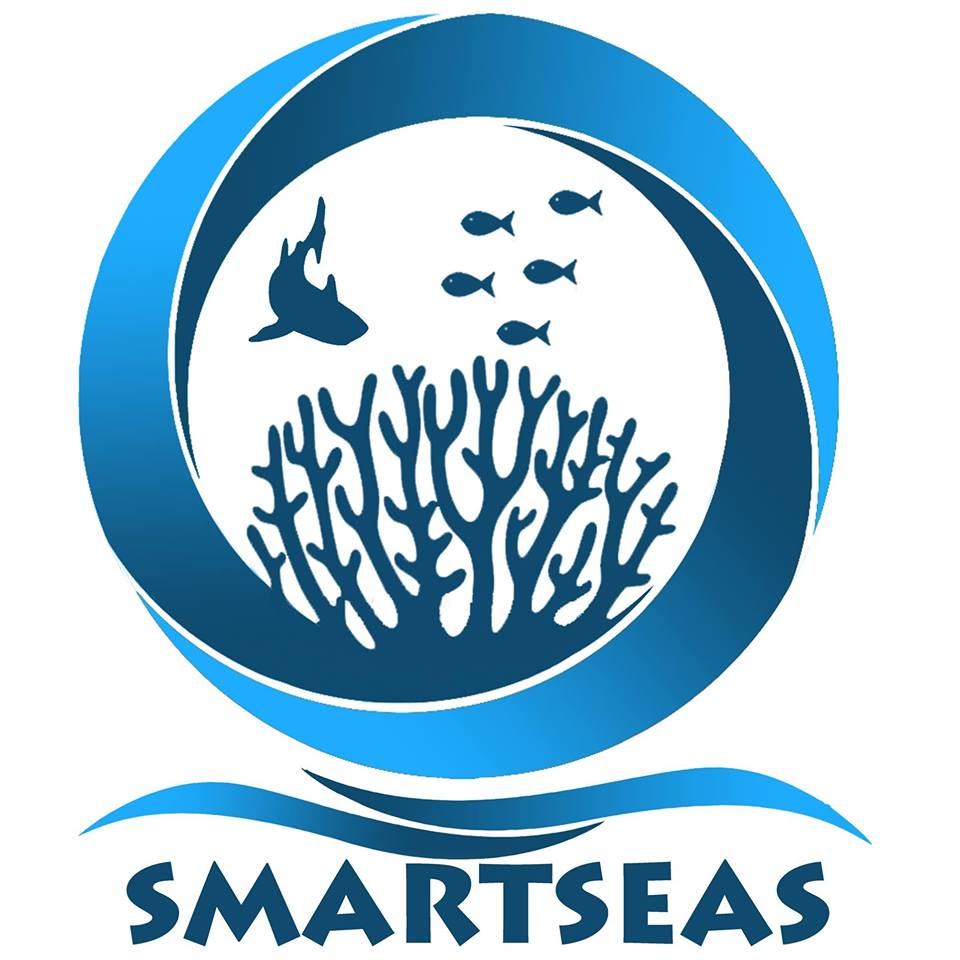
Establishing marine protected areas (MPAs) and fish sanctuaries have become the primary responsibility of government and non- government organizations that protect important habitats and biodiversity in coastal and marine environment. The continuous efforts to expand the spatial coverage of MPAs and forming MPA networks in the Philippines demands concerted efforts in order to enhance strategies through coordinated management, enforcement and information sharing.
In this session, SMARTSeas aims to elevate the discussion regarding on how to improve the conditions of reef & fish communities; and to develop action plans by using a competence standards guidebook and pilot- testing the M&E framework in order to consolidate data on the gains and benefits of the MPA Network to people on-the-ground.
Session 4.3: Two Decades of Cooperation in the NOWPAP: Charting the Way Forward for the Achievement of Sustainable Development Goals
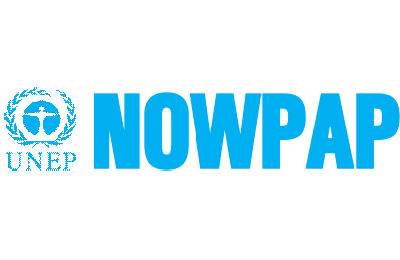
In support of the 2030 Agenda, Northwest Pacific Action Plan’s Medium- term Strategy 2018- 2023 focuses on issue-based collaboration from the East Asia Region to recognize the growing interconnectedness of environmental challenges.
This session will delve into the role of evolving regional ocean governance in East Asia in realizing the Sustainable Agenda 2030, in particular SDG 14, highlighting major achievements and lessons learned during the two decades of NOWPAP’s cooperation and partnership building. The discussion will include advances in assessments, institutional development and how the mechanism contributed to “good” regional ocean governance.
Session 4.4: Large Marine Ecosystems (LMEs): An Engine for Achieving SDG14
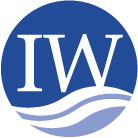
The Yellow Sea, South China Sea, East China Sea, Sulu-Celebes, Indonesian Seas and Gulf of Thailand are six Large Marine Ecosystems (LMEs) of great ecological and economic importance to the region. The LME Approach has provided a rallying point for countries to cooperate in dealing with problems relating to the utilization of transboundary marine resources. This session will demonstrate how GEF LME:LEARN is supporting the LMEs in creating partnerships through its Regional Networks, how the GEF LME Approach currently contributes to achieving the SDG 14 targets, and how country-endorsed SAPs under implementation can contribute to achieving the targets.
Session 4.5: Legal and Institutional Mechanisms to Manage the Marine Environment in the Seas of Southeast Asia: Status and Way Forward
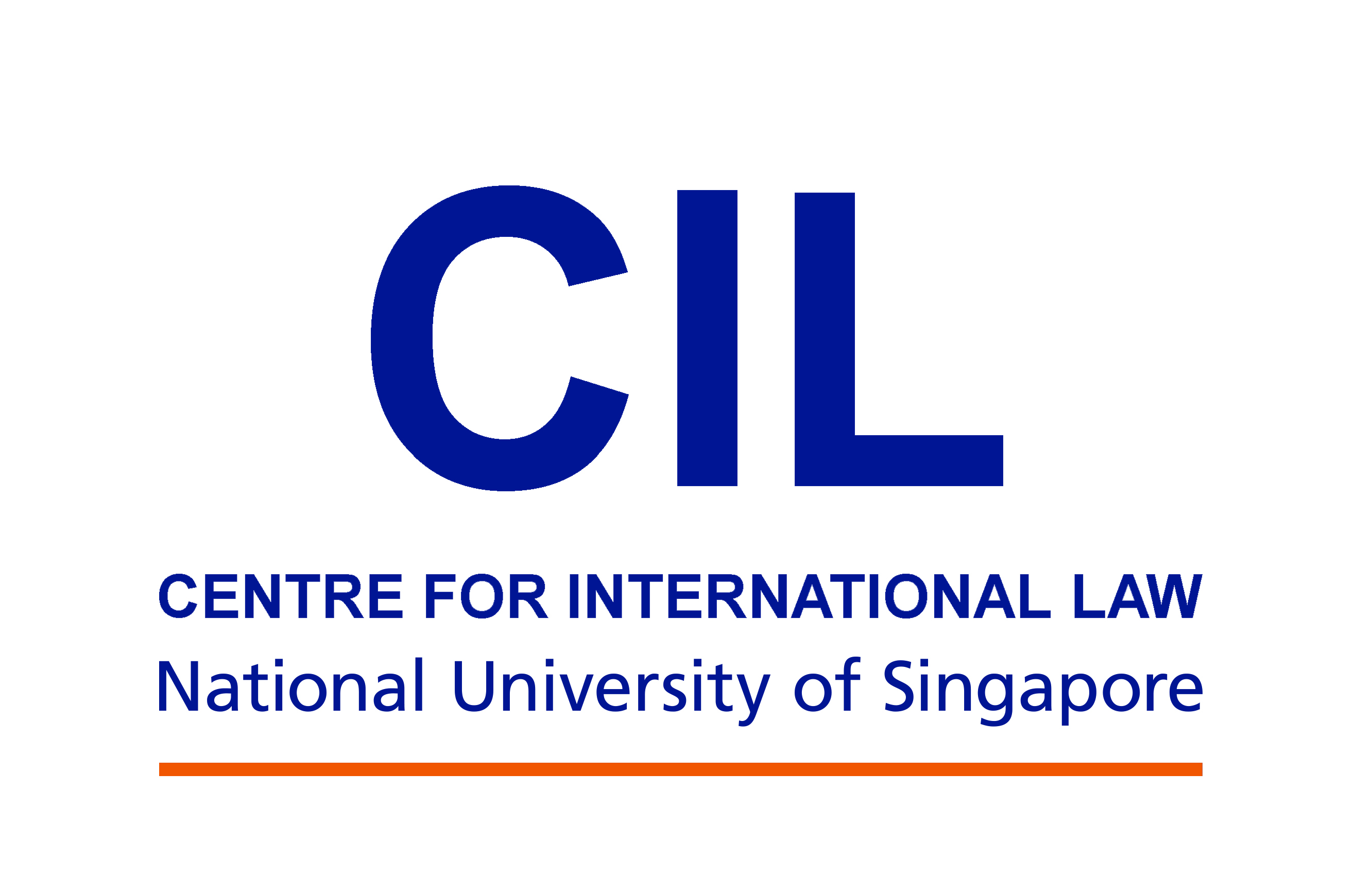
Southeast Asia has one the weakest regional seas programmes for the protection of the marine environment. One of the reasons mentioned is the lack of a binding agreement for the protection of the marine environment in the region and the so-called ASEAN way preferred by the littoral States.
In this session, the Centre for International Law, National University of Singapore, aims to investigate and discuss the extent to which regional institutions can foster a common understanding of applicable international law and facilitate its implementation. Presentations will focus on the principles and rules of international marine law applicable to the seas of Southeast Asia; regional institutions and the protection of the marine environment in Southeast Asia; and the application of international marine law to the seas of Southeast Asia through the example of sensitive marine areas.
